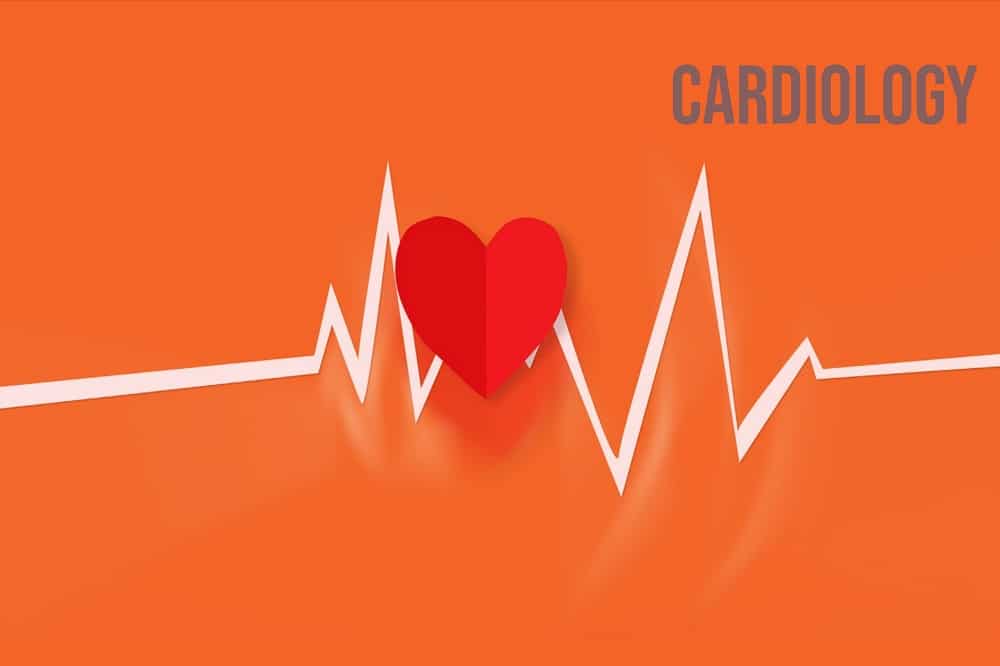CARDIOLOGY
Cardiology means the study and treatment of heart and the blood vessels, is a branch of medicine that deals with some part of circulatory system and heart disorders. The person who treats such diseases, the cardiovascular disease or heart disease is called cardiologist. Therefore, the field of a cardiologist includes the medical diagnosis and treatment of
- Heart failure: Heart failure that is also known as chronic heart failure is the kind of heart problem which has to do with pumping of blood. This implies that when the heart is unable to pump enough or sufficient blood to maintain the required blood the body needs. The symptoms of heart failure which is common are leg swelling, excessive tiredness, shortest of breath.
- Valvular heart disorder: These is the type of heart disease that has to do with four valves of the heart and this are aortic and bicuspid valves on the left side of the heart, the tricuspus valves and pulmonary on the right side of the heart. The causes of this disease could be aging and can also be congenital or physiological processes including rheumatic heart disease and pregnancy.
- Congenital heart defects: Congenital heart defects which is also known as congenital heart diseases or congenital; heart anomaly is the kind of disease that is in the structure of the heart and it is present at birth. Therefore, the sign of this disease has to do with the specific type of problem, which means that the symptoms can vary from none to life threatening. When present, the symptoms may include poor weight gain, feeling tired and bluish skin. It doesn’t cost chest pain because most of the congenital heart problems do not occur with other disease.
- Coronary artery disease: This disease is also known as ischemic heart disease and has to do with reduction of blood flow to heart muscle because of the build-up of plaque in the arteries of the heart and it is the most common of cardiovascular diseases. Also, there types include unstable and stable angina, myocardial infarction, and sudden cardiac death. The common symptom is chest pain or other discomfort which may travel into the jaw, neck, back, arm or shoulder and sometimes it may feel like heartburn and in most cases the first sign is a heart attack.
| Specialty | Cardiology, cardiac surgery |
| Symptoms | Shortness of breath, chest pain |
| Complications | Abnormal heart rhythms, heart failure |
| Causes | Artherosclerosis of the arteries of the heart |
| Risk factors | High blood cholesterol, lack of exercise, obesity, smoking, Diabetes |
| Diagnostic method | Coronary angiogram, coronary computer tomographic, electrocardiogram, cardiac stress test |
| Prevention | Not smoking, maintaining a healthy weight, and healthy diet |
| Treatment | Coronary artery bypass surgery (CABG), percutaneous coronary intervention (PCI) |
| Medication | Nitroglycerin, statins, aspirin, beta blockers |
A cardiac surgeon is not the same as cardiologist, as cardiac surgeon are meant to open the chest and perform heart surgery. A cardiologist are mainly specializes in diagnosing and treating diseases of the cardiovascular system which means the cardiologist will carry out the tests, and do some procedures such as inserting a pace maker, angioplasty or catheterizations.





